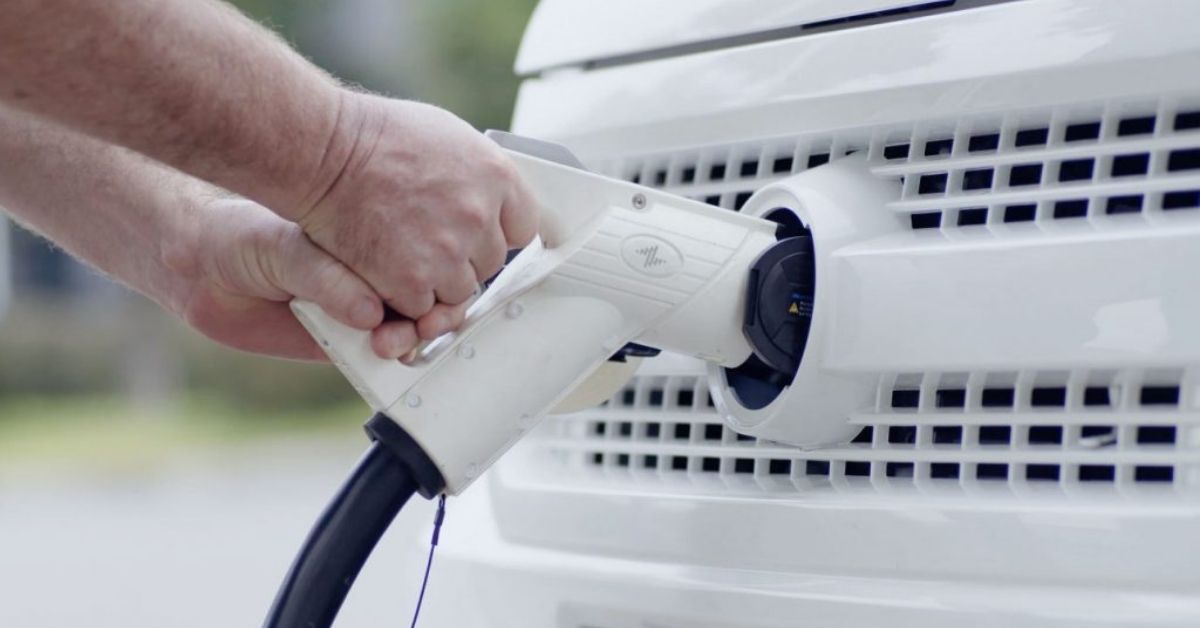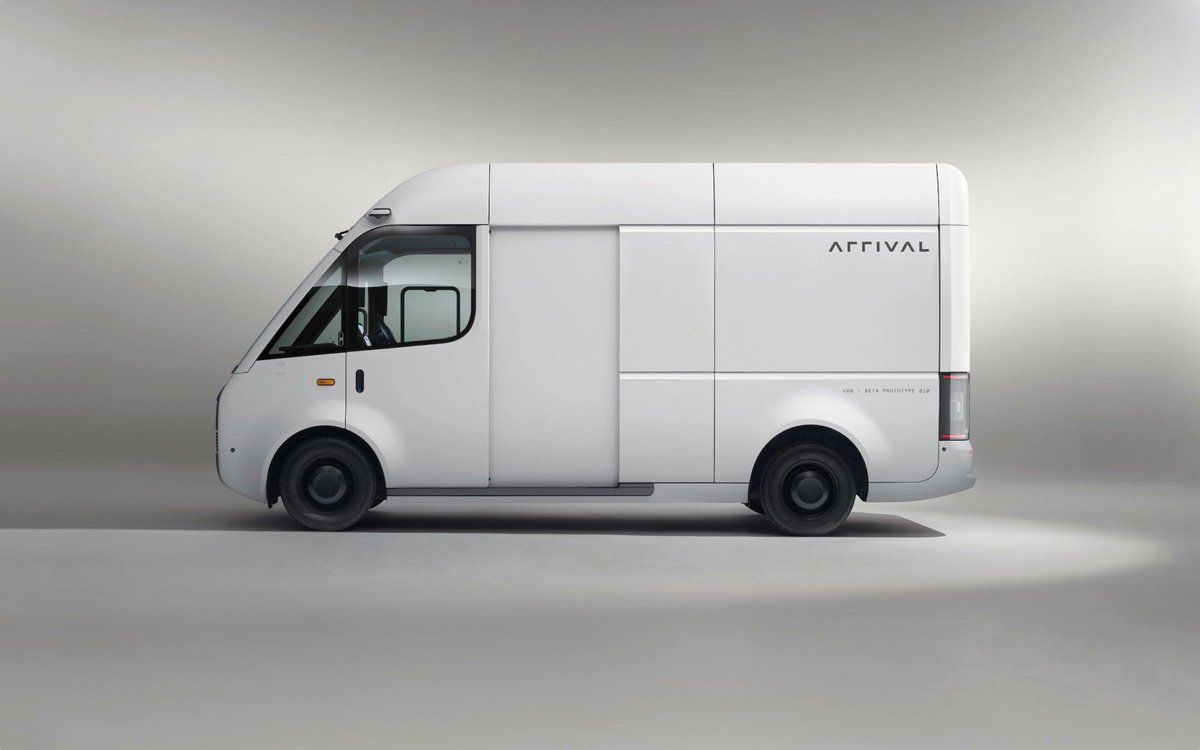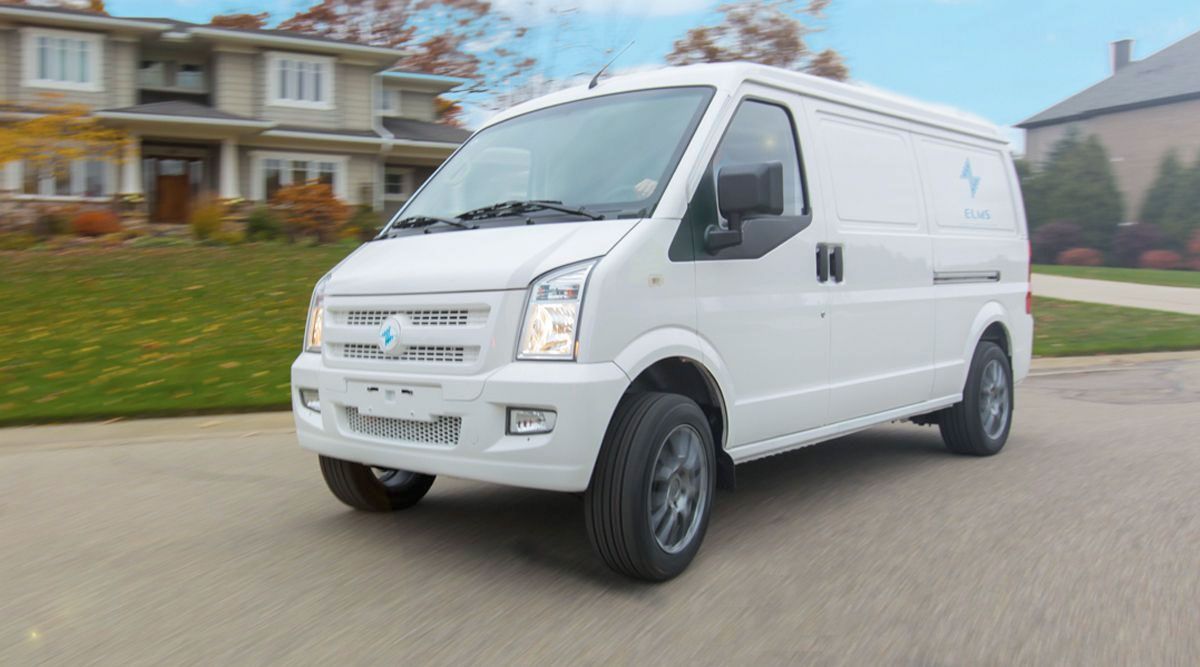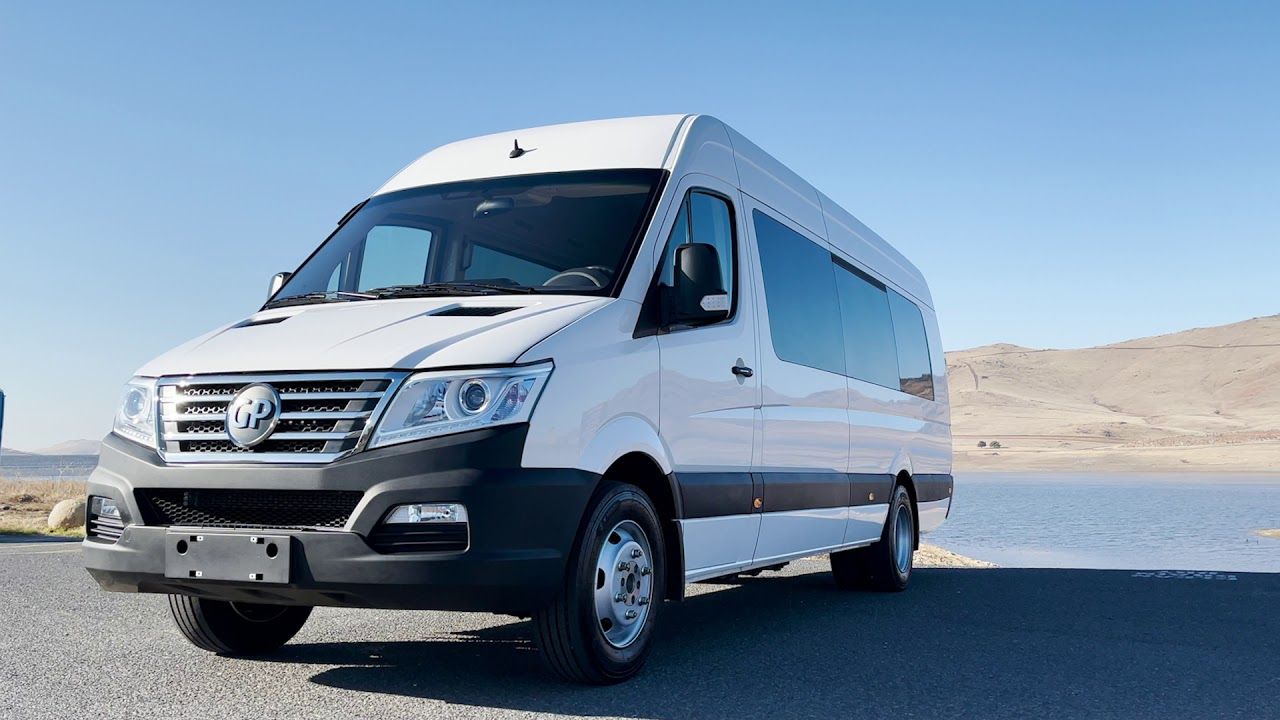While the car industry seems to be edging closer and closer to an electric future, what will happen to commercial vehicles? Industry leaders might seem like they are slacking, but the commercial EV startup scene is buzzing.
Some of us might not drive our cars enough to justify making the switch to electric just yet, but commercial vehicles are on our roads from sunup to sundown and beyond. Those hard miles done by drivers up and down the country and all over the world contribute more emissions than many of us can imagine.
It makes sense then that the commercial vehicle industry is making moves toward a greener future. While many industry leaders might not have jumped right into the water with both feet, some startups have dedicated their entire business models around commercial EVs.
Let's take a look at some of the startups looking to make a difference and convert commercial vehicles to the power of electricity.
A New Arrival
UK-based commercial electric vehicle startup Arrival is bringing its panel van to British roads this summer. The company is set to trial its vehicle with a host of commercial companies across the United Kingdom, including distribution giant UPS. Should those trials go favorably, production for the Arrival Van will begin in 2022.
The commercial electric vehicle market is a growing one, but Arrival is getting in on the ground floor. Already the startup has orders worth $1.2 billion as it aims to get its first 10,000 Arrival Vans off the block as soon as possible.
Sporting a modular battery pack system, the Arrival Van has a range of 112 on a single charge of its entry-level 67kWh battery. However, two mid-range batteries are also an option with ranges of 149 miles and 180 miles.
Arrival has also produced a bus which is already being tested in the UK. The Arrival Bus uses a 310.8 kWh battery pack, and it is significantly lighter than most battery-operated buses on the market. Arrival even has plans to move into the electric car market, but for now, it is focused on creating its brand identity in the electric commercial vehicle industry.
Electric Last Mile Solutions
Another startup championing the electric commercial vehicle is Electric Last Mile Solutions, or ELMS for short. The company aims to save businesses thousands of dollars per day by switching fleet options from regular vehicles to commercial EVs.
With a comparable cubic feet space to a regular commercial van, the ELMS van offers a range of 150 miles when fully charged. Vans won't be off the road for long when they run out of juice, though, and ELMS vans can be fully recharged in just two hours.
ELMS runs out of a plant in Mishawaka, Indiana, that has been optimized for the production and assembly of electric vehicles. The company passes its savings in production costs onto its customers while also pledging to reduce operating costs. ELMS believes its customers can save $7,000 per day with a fleet size of 1,000. All while reducing that company's emissions and energy consumption.
The GreenPower Motor Company
Leading the way for commercial electric vehicle startups is the GreenPower Motor Company. The organization began in 2010 with plans to bring affordable battery-electric buses and trucks to the masses. GreenPower's commercial vehicles are custom-built from the ground up rather than converting existing models, which allow for optimal battery placement and storage capacity.
Over the years, the company has provided commercial electric vehicles to colleges, bus companies, city authorities, and organizations with commercial fleets. GreenPower has an established product line that ranges from single and two-story buses, school buses, cargo trucks, and heavy-duty cabs.
Its newer EV Star models can be fully charged in two hours and offer a range of up to 150 miles per full battery. These purpose-built all-electric vehicles have been offering cargo solutions alongside passenger and student transportation for years.
Mainstream Competition
With such an obvious gap in the market, mainstream manufacturers aren't going to be far behind the startups. For one, they have the means and powers to roll out mass-produced commercial electric vehicles whenever they deem it viable.
Ford, for example, has plans to enter the commercial EV market in 2022 with the Ford E-Transit. This electric-only vehicle will have a range of 217 miles using a 400-volt 67kWh battery. It will come in a variety of heights and shapes to suit business needs.
There is already a range of electric hybrid commercial vehicles available from major manufacturers, and companies are lining up fully-electric versions in the coming months and years. The Fiat E-Ducato offers a five-module battery option which gives drivers a range of up to 229 miles. Mercedes, Nissan, and Renault are other big manufacturing names throwing their hats into the ring and committing to sustainable commercial electric vehicles.
The race to become the Tesla of commercial electric vehicles is on, and perhaps these startups are already one step ahead of the game. Particularly if the infrastructure is already in place for mass-production. However, only time will tell whether the major manufacturers have been too slow once again to take advantage of this gap in the commercial electric vehicle market or not.




